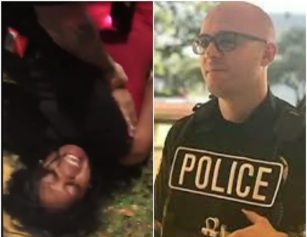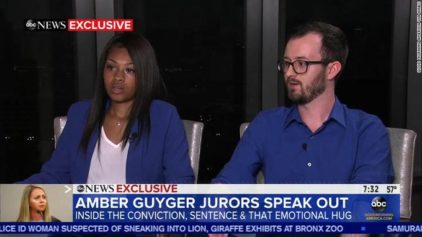Two cities in Miami-Dade County have experienced controversial shootings that resulted in police killing unarmed black men. That’s where the similarity ends.
In the city of Miami, grieving families, one vocal congresswoman and, it is hoped, the broader community, wait impatiently for the final disposition of a Department of Justice civil- rights review of a series of police shootings that roiled members of the African-American community and shattered any sense of public trust.
Despite the lack of any conclusions from federal investigators, Miami’s police department took steps to address policy problems internally and cooperated with the feds.
Not so on Miami Beach, where the police department, abetted by its attorneys, continues to stonewall queries into its investigation of the shooting of Raymond Herisse.
Herisse was driving dangerously and erratically during the last hours of Urban Beach Weekend in 2011. He was shot to death by officers from the Beach and Hialeah. He was also unarmed, though police said that they found a gun — three days later — tucked under the front seat, wrapped in a towel.
This week, Circuit Court Judge Victoria Sigler was right to rule that the Beach must pay the legal fees for defense attorneys forced to return to court because the city had the temerity to violate her order to turn over documents related to the shooting investigation.
But the city has been blowing smoke around this investigation for years, and if any case demands Department of Justice scrutiny — and the public’s concern — it’s this one. Maybe Beach officials will deign to cooperate with an even higher authority, since they had no problem ignoring a judge’s order.


